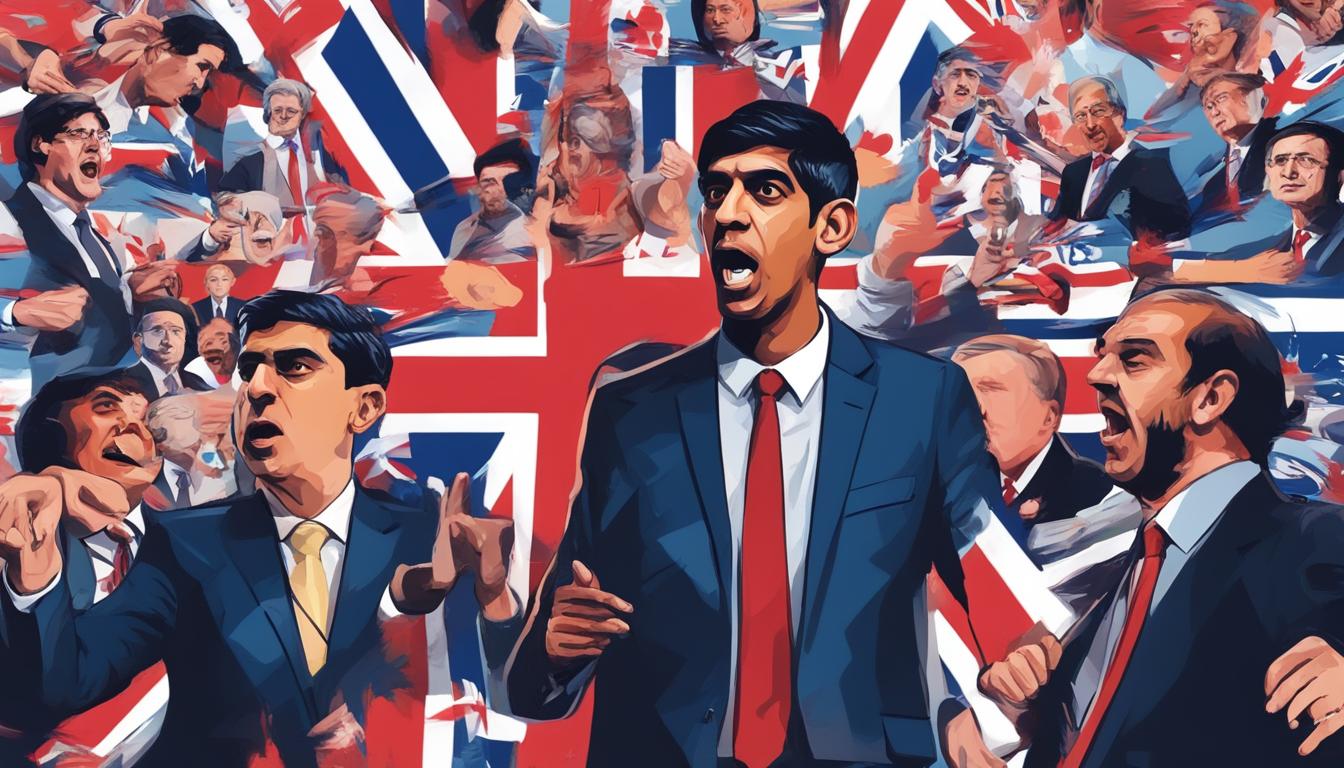Following a disappointing result in local elections, UK Prime Minister Rishi Sunak faces increasing demands from within his own party to shift towards more conservative policies, highlighting a tense internal debate on the party’s strategic direction.
Rishi Sunak, the Prime Minister of the United Kingdom, is encountering significant pressure within the Conservative Party to adopt more right-leaning policies following poor performance in recent local elections. Senior party members like Suella Braverman and figures including Sir John Hayes and Sir Edward Leigh are vocal proponents for a sterner stance on issues such as immigration and European human rights law. These demands come in response to the perception that the party is at risk of losing voter support and potentially future elections.
The internal party debate focuses on strategic direction, with some members advocating for a shift towards conservative values to appeal to the party base and others pushing for a centrist approach to attract broader electoral support. Key suggestions from party figures involve notable tax cuts, including changes to the 40p tax rate threshold and Inheritance Tax, aimed at regaining momentum and addressing public discontent with current policies.
Sunak’s leadership is portrayed as being influenced by the right-wing segment of the party, which has been further highlighted by the introduction of the Rwanda Bill that facilitates the deportation of asylum seekers to East Africa. This move has sparked criticism from opposition and some sectors within the Conservative Party, emphasizing the ongoing challenges Sunak faces in balancing party unity and public approval.
Amidst these challenges, the Conservative Party continues to navigate its tactical approach ahead of the general election, with the overarching goal of demonstrating alignment with voter interests and effectively managing key national issues such as healthcare, taxation, and climate policies. The resolution of these internal conflicts and the chosen political trajectory will be pivotal in shaping the party’s future and electoral outcomes.













